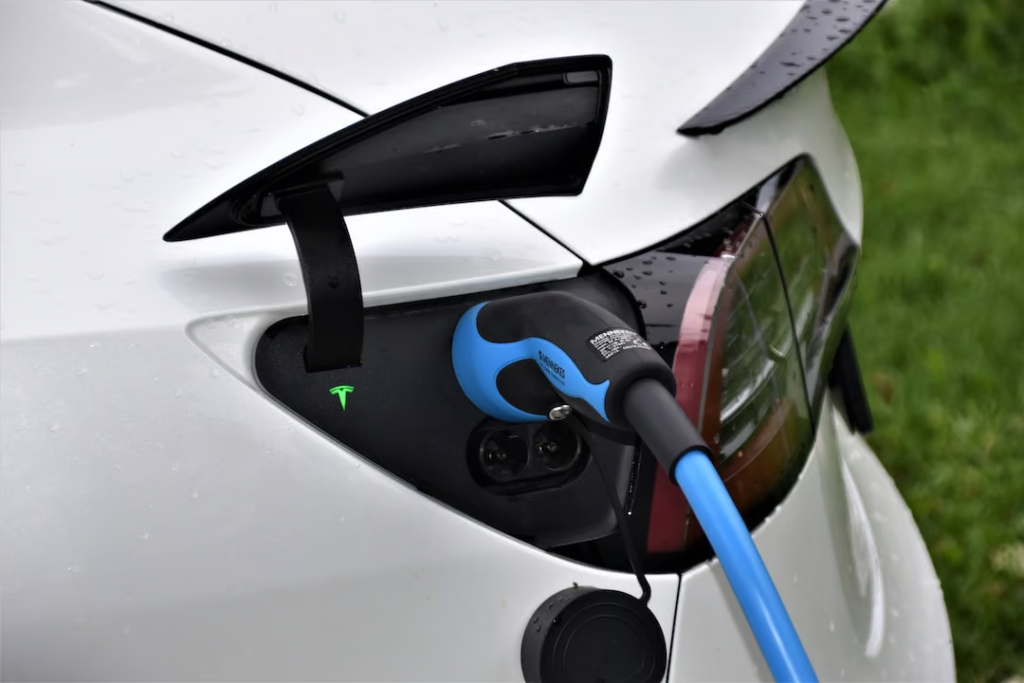
As electric vehicles (EVs) continue to grow in popularity, the demand for reliable and efficient charging infrastructure is more critical than ever. Consumers and businesses alike are looking for high-performance EV charging solutions that offer speed, safety, and long-term reliability. Whether you own an EV or manage a commercial charging station, having a well-optimized system ensures seamless operation and enhances user experience.
The right charging system plays a pivotal role in supporting widespread EV adoption, reducing range anxiety, and improving the overall efficiency of electric transportation. Investing in high-quality EV chargers not only guarantees reliability but also maximizes energy efficiency and minimizes operational downtime.
Understanding the Importance of Reliable EV Charging Infrastructure
A dependable EV charging system is essential to support the growing number of electric vehicle users. Unlike traditional fuel stations, where refueling takes only a few minutes, EVs require longer charging times, making reliability a top priority.
Frequent system failures, slow charging speeds, or inefficient power distribution can create major inconveniences for drivers and businesses operating charging networks. High-performance chargers must be capable of handling multiple charging sessions daily while maintaining consistent energy output.
For businesses, investing in robust charging solutions increases customer satisfaction and ensures that fleets remain operational without unnecessary delays. Homeowners who rely on personal EV chargers also benefit from uninterrupted access to charging, reducing their dependence on public stations.
Key Features of High-Performance EV Chargers
Advanced EV chargers are designed with innovative features that enhance efficiency and performance. Key characteristics of reliable charging systems include fast charging capabilities, smart energy management, and weather-resistant designs.
Fast-charging systems, such as DC Level 3 chargers, dramatically reduce charging times, allowing EVs to regain a substantial amount of power in minutes rather than hours. These chargers are particularly beneficial for commercial fleets and high-traffic areas where quick turnaround times are necessary.
Smart charging solutions integrate with energy management systems to optimize electricity usage, prevent overloads, and reduce operational costs. Real-time monitoring and remote diagnostics enable maintenance teams to detect potential issues before they cause system failures.
Weather-resistant and durable materials ensure that outdoor charging stations withstand extreme temperatures, moisture, and heavy usage, maintaining performance and reliability over time.
The Impact of Charging Speed on EV Adoption
Charging speed is a major factor influencing the adoption of electric vehicles. The longer it takes to charge an EV, the less convenient it becomes for users. High-performance chargers significantly reduce waiting times and improve accessibility, making EVs a more practical choice for everyday commuting and long-distance travel.
Faster charging also benefits commercial applications, such as delivery services and ride-sharing fleets, by minimizing downtime between trips. Ultra-fast charging options, such as the BTC POWER DC Level 3 Split System Charger, provide an optimal balance of speed and efficiency, making them ideal for commercial and public charging infrastructure. For retail locations and businesses offering charging stations, providing rapid charging solutions attracts more customers and increases foot traffic.
Ensuring Compatibility with Various EV Models
One of the challenges in developing a reliable EV charging network is ensuring compatibility across different vehicle brands and models. Standardized charging connectors, such as CCS (Combined Charging System) and CHAdeMO, help bridge this gap and allow more vehicles to access high-performance charging stations.
Multi-standard chargers accommodate various plug types, preventing compatibility issues and improving user accessibility. Businesses that invest in universal charging solutions cater to a broader audience and future-proof their infrastructure as EV technology continues to evolve.
Software updates and firmware upgrades further enhance compatibility by incorporating new charging protocols and communication standards as they emerge in the industry.
The Role of Smart Grid Integration in EV Charging
Smart grid technology plays a crucial role in enhancing the reliability and efficiency of EV charging systems. By integrating EV chargers with smart grids, utilities can distribute power more effectively, reduce strain on the electrical grid, and optimize energy consumption.
Smart charging systems communicate with the grid to schedule charging during off-peak hours, lowering costs and preventing energy demand spikes. This not only benefits EV owners by reducing their electricity bills but also helps stabilize the grid for a more sustainable energy future.
Dynamic load management systems further improve efficiency by distributing power among multiple charging stations based on real-time demand, ensuring balanced energy usage without overloading the system.

Investing in high-performance EV charging systems is essential for ensuring reliability, efficiency, and long-term sustainability. As the demand for electric vehicles continues to rise, adopting advanced charging solutions enhances accessibility, reduces charging times, and minimizes operational disruptions.
By prioritizing fast-charging technology, smart grid integration, and proactive maintenance, businesses and consumers alike can benefit from seamless and dependable EV charging experiences. The continued advancement of charging infrastructure plays a vital role in accelerating the global shift toward electric mobility.
- 0shares
- Facebook0
- Pinterest0
- Twitter0
- Reddit0



